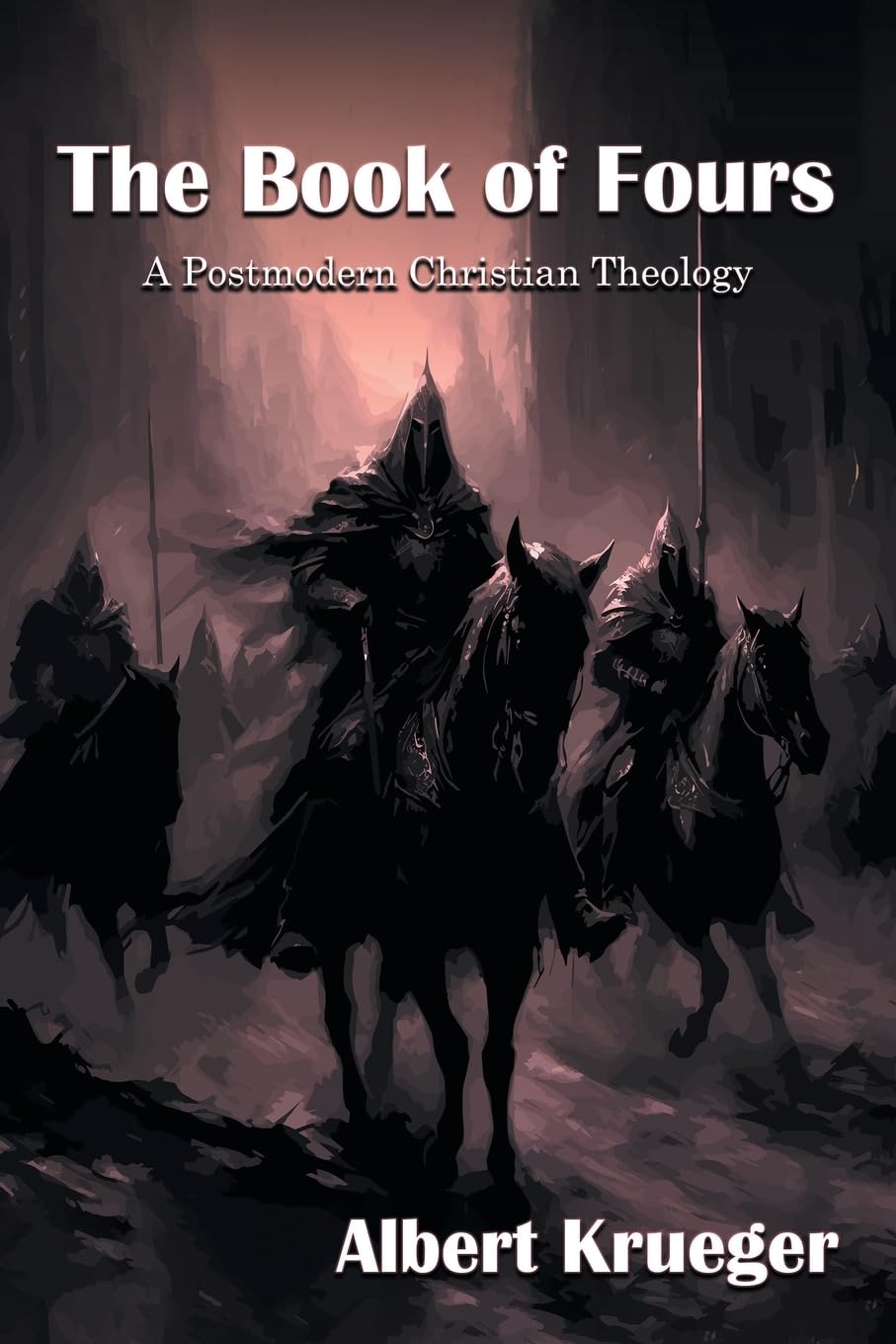



THE BOOK OF FOURS A Postmodern Christian Theology
-
£27.18
£28.33 -
£10.58
£12.58 -
£16.71
£17.13
Reviews & Ratings
As such, it does not try toeither force or convince anyone to reject their deconstructive passions or to adhere to a theology that seemed to work a few decades or centuries ago. The format of The Book of Fours is a presentation in terms of four.
From the Four Fundamental Forces of the Universe to the Four Winds and the Four Gospels, four conclusive statements about reality and truth have sufficed to be a boundary condition of the quest for a complete understanding of the reality we live in. From the search for the Holy Grail to the scientific ideal of formulating the iconic Unified Field Theory, Western wisdom has desired to understand how it all works.
The answer, of course, depends onwhat you mean by how, it, all, and works. The language question was addressed in Krueger's book, The Broken Window; The Book of Fours equates history with science, philosophical investigation, the Bible, and the various confusions and uncertainties that beset Western culture today.
Western Civilization has experienced several radical changes in its 1200-year journey through historical time. Although its unifying and centering ideal or ultimate concern has evaded analysis, it has held true until relatively recently.
Now it is not holding true, and itis becoming evermore difficult to relate what it has been to what it might become. In short, the Renaissance, Reformation, and Enlightenment were apocalyptic enough: The present apocalypse makes those changes shrink to insignificance on a civilizational scale.
The thesis of The Book of Fours is generally that Western Civilization ended with World War I. This is the author's favorite breakpoint, but he is indebted to the wisdom of the historian Barbara Tuchman especially for this idea.
Since that time, the civilizationhas been in an interim period, much like the Dark Ages, so-called, between the disintegration of the Western Roman Empire in ca. 400 CE and the establishment of Charlemagne's imperial domain in 800 CE.
Four eras passed to bring Western Civilization to its breakpoint, therefore, there is a wholeness to it, now, that bears the character of changelessness. What we think of as cultural change is, in effect, anaccelerating concretizing or reifying of what has already been assumed.
The Change, with a capital 'C', can be characterized by apocalyptic references and language. This style of characterizing the character of the present Western Moment is almost ubiquitous.
Some kind of apocalypse is virtually expected. .
Frequently Bought Products
Product Queries (0)
Login Or Registerto submit your questions to seller
Other Questions
No none asked to seller yet
-
£27.18
£28.33 -
£10.58
£12.58 -
£16.71
£17.13
Bookiyos Books Solutions - Quality Books, Unbeatable Prices
Bookiyos Books Solutions is your premier online bookstore offering a vast selection of over 5 crore books. Whether you're looking for the latest releases, timeless classics, or rare finds, we have something for every reader. Our platform serves customers worldwide, including the USA, UK, and Europe, with fast delivery and easy return policies to ensure a hassle-free shopping experience. Discover daily updates, exclusive deals, and a comprehensive collection of books that cater to all your reading needs. Shop with confidence at Bookiyos, where quality books and unbeatable prices meet.
Why Choose Bookiyos?
Extensive Inventory: New, old, and rare books available.
Fast Delivery: Same or next-day shipping.
Easy Returns: Hassle-free refund and return policies.
Global Reach: Serving customers in the USA, UK, Europe, and beyond.
Daily Updates: Thousands of new titles added every day.
Join our community of book lovers and start your literary journey with Bookiyos Books Solutions today!







